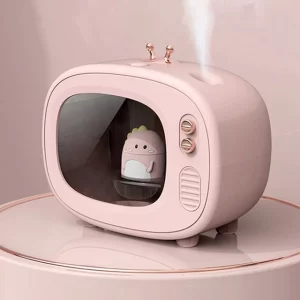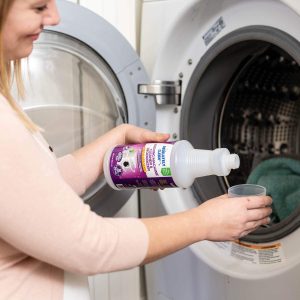Using a Diffuser as a Humidifier: Understanding the Differences
Introduction
Diffusers and humidifiers serve distinct purposes when it comes to improving indoor air quality and creating a comfortable environment. While they may share some similarities, it’s important to understand that diffusers and humidifiers are designed for different functions. In this comprehensive guide, we will explore the differences between diffusers and humidifiers, and address the common question: can a diffuser be used as a humidifier? We will delve into the specifics, including their mechanisms, features, and limitations, to help you make an informed decision about their usage and find the most suitable solution for your indoor air needs.
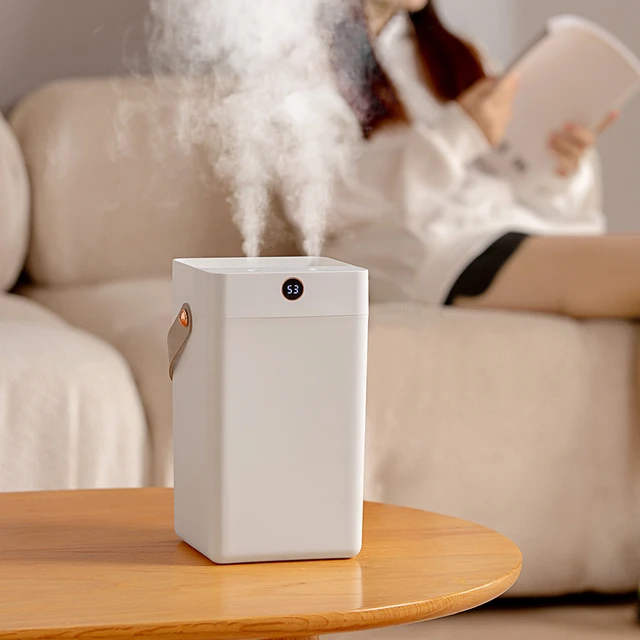
Using a Diffuser as a Humidifier: Understanding the Differences and Limitations
I. Understanding Diffusers and Their Purpose
-
Aromatherapy Benefits:
- Diffusers are primarily used for aromatherapy purposes, dispersing essential oils into the air to create a desired ambiance and promote well-being. They typically rely on ultrasonic technology to break down the essential oil into microscopic particles, which are then dispersed in the form of a fine mist.
-
Fragrance and Mist Dispersion:
- Diffusers create a fragrant atmosphere by releasing a pleasant scent into the air. The mist produced by diffusers tends to be lighter and less substantial than that of a humidifier, primarily focusing on scent diffusion rather than adding moisture to the air.
II. Understanding Humidifiers and Their Purpose
-
Humidity Management:
- Humidifiers are designed to increase and maintain indoor humidity levels. They add moisture to the air, which can alleviate dryness, improve respiratory comfort, and help to mitigate issues caused by excessively dry air, such as dry skin, chapped lips, or sinus congestion.
-
Different Humidification Techniques:
- Humidifiers employ various mechanisms such as evaporative, ultrasonic, or steam-based technology to add moisture to the air, releasing a visible mist or steam to increase humidity levels in your space.
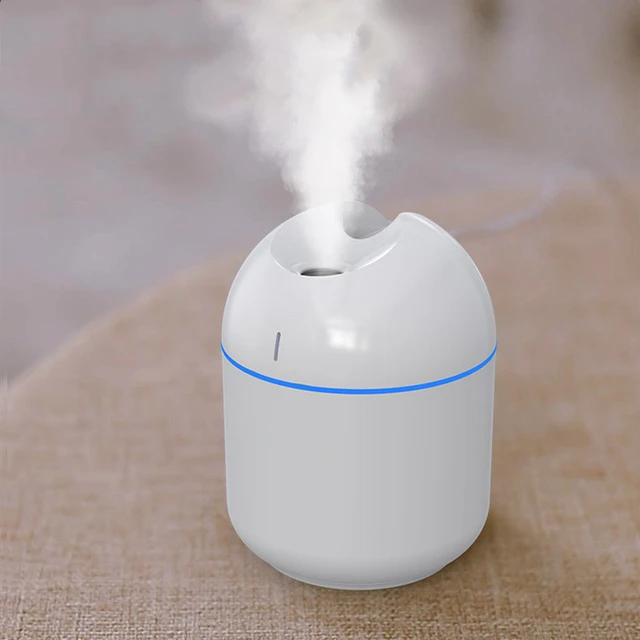
III. Differences in Design and Features
-
Essential Oil Compatibility:
- Diffusers are specifically designed to accommodate essential oils and create a pleasant fragrance. They often feature a separate compartment or tray where essential oils can be added for diffusion. Humidifiers, on the other hand, are not typically compatible with essential oils as they may clog the internal components or compromise the unit’s functionality.
-
Water Tank Size and Capacity:
- Diffusers usually have smaller water tank capacities, as their primary focus is on aroma diffusion rather than humidification. Humidifiers, on the other hand, are equipped with larger tanks capable of holding a significant amount of water to ensure long-lasting and effective humidity control.
IV. Utilizing a Diffuser for Humidification
-
Limitations of Diffusers as Humidifiers:
- While diffusers can add a slight amount of moisture to the air, they may not provide sufficient humidity for extensive humidification needs. The mist produced by diffusers is generally minimal and may only have a localized effect. Trying to rely on a diffuser as a humidifier for larger spaces or for extensive humidification requirements may lead to disappointment or lack of desired results.
-
Localized Moisture Enhancement:
- If you intend to use a diffuser to add a touch of moisture to a small area or a personal space, it can be suitable. However, it should be noted that the humidification capabilities of a diffuser are limited due to their primary function as aroma diffusers. For comprehensive humidification needs, a dedicated humidifier is a more appropriate choice.
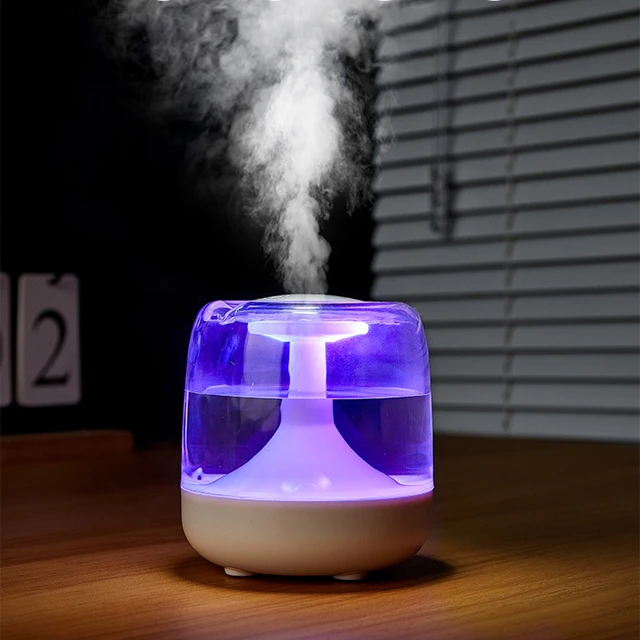
V. Benefits of Dedicated Humidifiers
-
Efficient Humidity Control:
- Humidifiers are specifically engineered for efficient and effective humidity control. They are designed to add moisture to the air consistently, maintaining optimal humidity levels within a given space. This focused functionality ensures that you can achieve and sustain the desired level of humidity required for your comfort.
-
Health and Comfort Benefits:
- Dedicated humidifiers can greatly benefit respiratory health by reducing dryness and addressing congestion, dry skin, or irritated sinuses. They provide comprehensive humidification that extends throughout the entire room or space, promoting a more comfortable environment for relaxation, sleep, work, or leisure activities.
VI. Selecting the Right Device for your Needs
-
Consider your Needs and Priorities:
- Evaluate your specific requirements, be it aromatherapy or comprehensive humidification. If your focus is primarily on aromatherapy and creating a pleasant scent, a diffuser would be more suitable. For optimal control of humidity levels and addressing dry air concerns, a dedicated humidifier is the appropriate choice.
-
Multi-functionality Options:
- Some devices offer the capability to function as both a diffuser and a humidifier. These hybrid units allow you to switch between aroma diffusion and humidification as desired, giving you the versatility to meet your individual preferences. Before making a purchase, carefully review the product specifications and features to ensure it aligns with your needs.
VII. Proper Usage and Maintenance
-
Instructions for Diffusers:
- When using a diffuser, always follow the manufacturer’s instructions regarding essential oil usage, water quantity, and recommended run times. Avoid overfilling the water tank and only use essential oils specifically formulated for diffuser use.
-
Instructions for Humidifiers:
- Follow the specific instructions provided with your humidifier, including proper cleaning and maintenance routines.
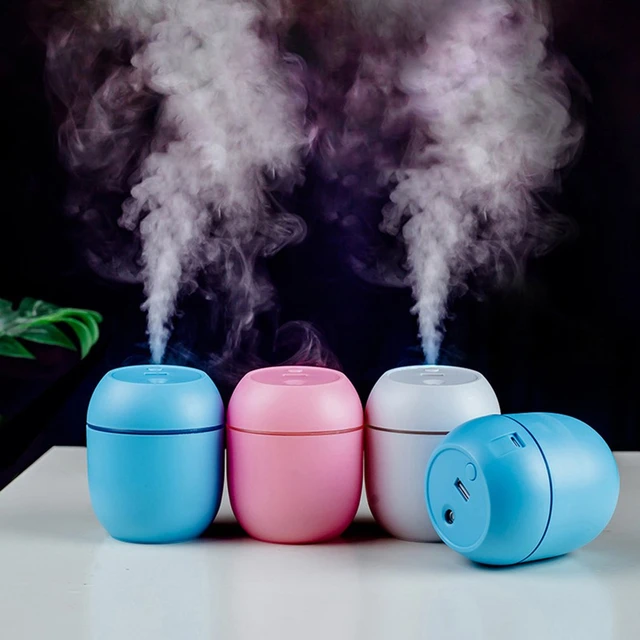
Additional Tips for Humidification
-
Optimal Humidity Levels:
- It is important to maintain an optimal range of humidity levels in your environment to avoid excessive dryness or excessive moisture. Generally, a humidity level between 40% and 60% is considered comfortable and healthy for most individuals. Regularly monitor the humidity levels using a hygrometer and adjust the humidifier’s settings accordingly.
-
Proper Placement:
- When using a dedicated humidifier, consider the placement of the unit for optimal effectiveness. Position the humidifier near the center of the room or in a location where the mist can disperse evenly throughout the area. Avoid placing the humidifier directly next to walls or furniture, as this may cause moisture buildup or damage.
Ensuring Safety and Considerations
-
Safety Precautions:
- Whether you are using a diffuser or a humidifier, it is crucial to observe certain safety precautions. Keep the unit out of reach of children and away from pets to prevent accidental tipping or spilling. Additionally, ensure that the electrical cord is not a tripping hazard and use a suitable power source with grounded outlets.
-
Water Quality Considerations:
- When using a humidifier, consider the quality of the water being used. Hard water with high mineral content can lead to mineral buildup and deposits within the humidifier. Using distilled or demineralized water can help minimize mineral residue and prolong the life of the unit.
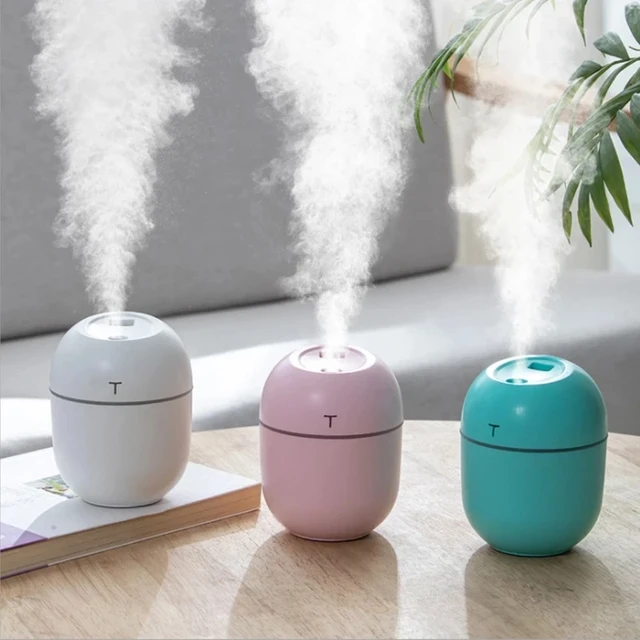
VIII. Conclusion: Choosing the Right Device for Your Needs
In summary, while diffusers and humidifiers may have similarities in their mist-producing capabilities, they serve different purposes and have distinct features.
To ensure the most optimal result, carefully consider your goals and requirements. If your priority is aromatherapy, a diffuser will meet your needs. However, for comprehensive humidity control and addressing dry air concerns, a dedicated humidifier is the recommended choice.
Understanding the differences between diffusers and humidifiers allows you to make an informed decision and select the device that best suits your indoor air quality needs. Whether your aim is to create a fragrant ambiance or enhance comfort and respiratory health, choosing the appropriate device will contribute to a more pleasant and harmonious living environment.
